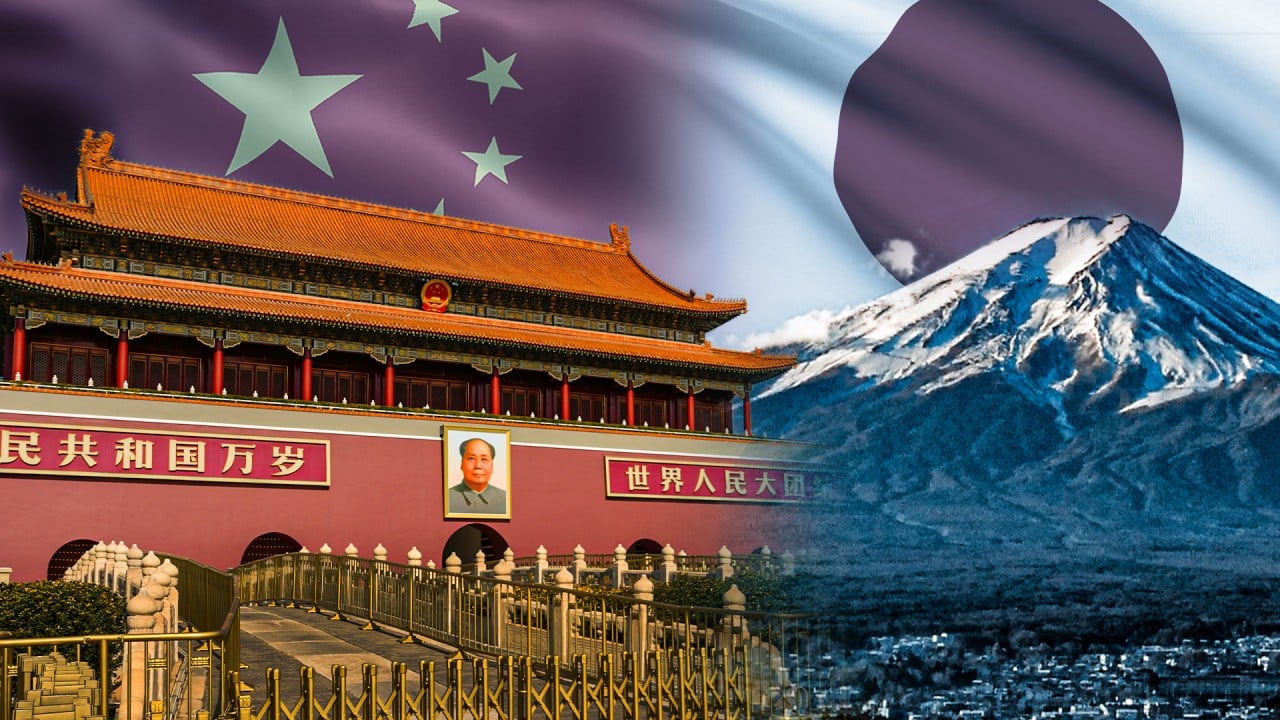[ad_1]
The phrase “opening up” has rich implications in China. Its original meaning was about Deng Xiaoping’s policy of welcoming foreign investment and technology, but it also has a strong ideological undertone of accepting new ideas.
Economic liberalisation and tolerance of new views have been mutually reinforcing over the past few decades, pushing forward China’s development, and it is hard to say which is more important. To some extent, China’s economic growth in the last four decades would not have been possible without “thought emancipation”.
Yet the role of this “spiritual” opening up has been downplayed in recent years, making the continuation of Deng’s policy shift a shell of its former self.
China’s Xi Jinping appeals to decades-old mantra of reform, eyeing economic jolt
China’s Xi Jinping appeals to decades-old mantra of reform, eyeing economic jolt
While Beijing has sought to make it clear that China is still open to trade and investment, it is debatable whether the country remains open to new ideas and divergent views, particularly those that do not follow the official line. As China seeks to remain embedded in the globalised economic system, it is worth noting the three key concepts that originally underpinned the country’s opening-up policy.
The first precondition of this policy is a realistic understanding of the outside world, and of capitalism in particular. China must see sufficient “goodness” in the outside world to justify opening up.
When Deng decided to implement this policy, he was ditching the Cultural Revolution-era myth that “the capitalist world is rotting day by day”. Had China continued to see capitalist countries as evil, decadent and menacing, it would have meant keeping its doors closed indefinitely. Nowadays, China certainly faces a complicated and challenging geopolitical environment, but it would be unwise to paint the outside world as full of “foreign hostile forces”.
Another precondition was that the country must open up in ways that foster domestic change. The new policy was never just about money or commodity trading. From the beginning, China sought to “promote reform through opening up” – two sides of the same coin.
This was one of the biggest benefits of joining the World Trade Organization. China’s efforts to follow international norms and market principles greatly accelerated the building of a unified domestic market. Now China must answer the question once again: what is it trying to change at home by further opening up to the outside world?
China constantly talks about putting economic growth on a sustainable path by relying on domestic consumption, but this is hard to achieve when labour only gets a small share of income distribution. One possible domestic goal of further international cooperation could be to improve wealth distribution among households by granting workers “the right to freedom of association and collective bargaining”, meeting the labour protocols in the Comprehensive and Progressive Agreement for Trans-Pacific Partnership (CPTPP), for which it is seeking membership.
The final important precondition of opening up is about trust, which is hard to build up but easy to break. Whether China’s continued opening-up policy is successful is not about choosing the right labels, but whether the rest of the world buys into them.
In the early 1980s, Hong Kong investors, out of shared cultural ties and lucrative business opportunities, rushed to set up factories in the Pearl River Delta region of Southern China. Their early success in the mainland helped prove that China’s opening up to the capitalist world was like letting a genie out of its bottle, spurring growth rates that seemed almost magical.
A big problem facing China’s continued opening up is a lack of trust stemming from conflicting messages. While China has many designated “free-trade zones”, it is also trying hard to build a more isolated information environment. How can a modern-day investor believe he is in a free-trade zone when he cannot access most of the world’s major internet platforms, including Google?
Without a realistic understanding of the world as it exists, the urgency to make changes, and efforts to gain trust from the international community, pledges to continue opening up the economy are little more than empty slogans.
[ad_2]
Source link

